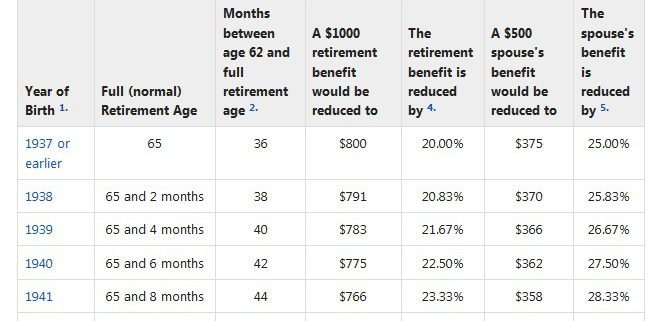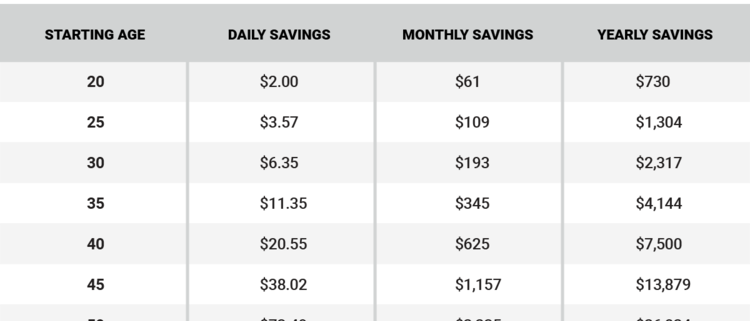What are the Different Types of Annuities?
Annuities are a contract between an individual and an insurance company in which the individual pays a premium (or multiple premiums) to the company. In exchange, the company pays a fixed or variable income stream to the purchaser.
Annuities are most frequently used for retirement income or to manage large sums of money, helping individuals avoid overspending. They are suitable for individuals seeking a stable and guaranteed retirement income. Since annuity holders cannot outlive their income stream, it alleviates concerns about longevity risk. However, annuities are considered illiquid and therefore may not be the right choice for younger individuals who may need access to cash.
Key Takeaways
- Annuities are a contract between individuals and insurance companies, most frequently used for retirement income.
- An annuity can be either immediate or deferred, meaning it begins payments immediately or after a specified period.
- Fixed annuities guarantee a minimum rate of interest with a moderate rate, while variable annuities offer no guarantee with chances of a much higher interest rate.
- Annuities are distinct from life insurance and 401(k) plans.
What are Annuities?
An annuity is a contract between an individual and an insurance company that requires the insurer to make payments to the purchaser. Annuities can be purchased in a single payment or monthly installments. Likewise, the payout can be in a lump sum or a series of installments.
How Do They Work?
Annuities are designed to provide a steady cash flow, similar to a paycheck or salary, most frequently for retirement purposes. There are two phases in an annuity: the accumulation phase and the payout phase. The accumulation phase is the period preceding the initiation of payments. During this phase, the annuity can be funded in a lump sum or through a series of payments. Earnings are tax-deferred during the accumulation phase. The payout phase is when payments to the purchaser begin and become taxable income.
For many individuals, savings alone would not be enough to withstand inflation rates and maintain their standard of living in retirement. Since annuities are typically paid out in installments, they help prevent overspending and alleviate concerns about outliving retirement savings.
Different Types of Annuities
Immediate and Deferred Annuities
There are two main types of annuities, differing primarily in when the payments begin. Immediate annuities are generally used in situations where an individual receives a large amount of money at once, such as an inheritance. Payment for immediate annuities begins after the purchaser deposits a lump sum. Deferred annuities are mostly used for retirement, and do not begin payouts until a later age specified by the annuity owner, or annuitant.
Under these, there are three types of annuities.
Fixed Annuities
Fixed annuities promise a guaranteed minimum rate of interest, meaning the company ensures the annuity will earn a specified amount of interest during the accumulation period. This may be the right choice for investors with a low risk tolerance, as it offers a guaranteed interest rate during the accumulation phase and fixed payments during the payout phase.
Variable Annuities
With variable annuities, insurers invest the principal paid by the annuitant, offering the potential for greater returns than fixed annuities. However, they come with the risk of lower returns depending on market conditions. This type would suit investors with a higher risk tolerance.
Indexed Annuities
Indexed annuities are a type of fixed annuity that provides a return based on the performance of an equity index, usually the S&P 500. This is a middle ground between the two types of annuities, allowing for the potential of slightly higher gains without the risk of significant loss in down years in the stock market.
How to Choose an Annuity
Choosing the right type of annuity depends on several personal factors, including risk tolerance, retirement plans, and current age.
It is also important to consider that all types of annuities come with fees and are not federally insured, as they are not bank products. However, there are protections at the state level through each state’s guaranty association, providing relief if the insurance company becomes insolvent.
Fixed Vs. Variable Annuities
Fixed annuities provide a predictable and stable income source, as they offer a guaranteed rate of interest and are based on the insurer’s investments, which typically consist of government and high-quality corporate bonds. In turn, the insurance company is required to pay the rate promised in the annuity contract, even with poor market conditions.
Since a variable annuity directly invests the principal and can include mutual funds in its assets, it offers the potential of higher growth than the set interest rate of a fixed annuity. However, variable annuities do not provide a guaranteed minimum rate, meaning there is a risk of loss.
Single Premium vs. Multiple Premium Annuities
A single premium means the annuity is purchased in one lump sum. Multiple premiums mean splitting the payments over a period of time. The difference lies in how the costs are divided; it does not affect the type of annuity. One benefit of paying a single premium is the greater potential for compounding interest, meaning more money once the payout phase begins.
Immediate vs. Deferred Annuities
The choice between an immediate and deferred annuity is highly individual and depends on the purpose it serves. Immediate annuities are funded in a single payment and typically enter the payout phase within 12 months of purchase. Given these terms, they are generally used for two reasons: to provide a fixed income stream for retirees at the time of retirement, or for an individual who receives a large sum of money at once (such as an inheritance or settlement money) and is concerned about controlling their spending.
Deferred annuities are the more common choice and are most frequently used for retirement income, purchased earlier in life before retirement age.
Bottom Line
An annuity is a contract between an individual and an insurance company, typically used to provide a stable income stream. They can be purchased in a single lump sum or multiple installments. In return, the insurance company makes regular payments to the purchaser, either immediately or at a specified future date.
Financial planning, particularly for retirement, involves numerous considerations. Horizons Wealth Management’s financial planning and retirement planning services can help you make informed choices, tailored to your circumstances and financial goals.
Annuity FAQ
Are annuities the same as a 401(k)?
No, they are not the same. A 401(k) is a type of retirement account that holds various financial products, and an annuity is itself a type of financial product. While both are used for retirement income, there are significant differences in rules, regulations, and funding.
What is the best type of annuity?
Annuities are complex products; the best kind for one individual may be a poor choice for another. The best option is made by assessing one’s financial goals and other individual factors.
What pays better than an annuity?
Bonds typically have a higher yield than annuities, but individuals run the risk of outliving the income generated by these payments.












